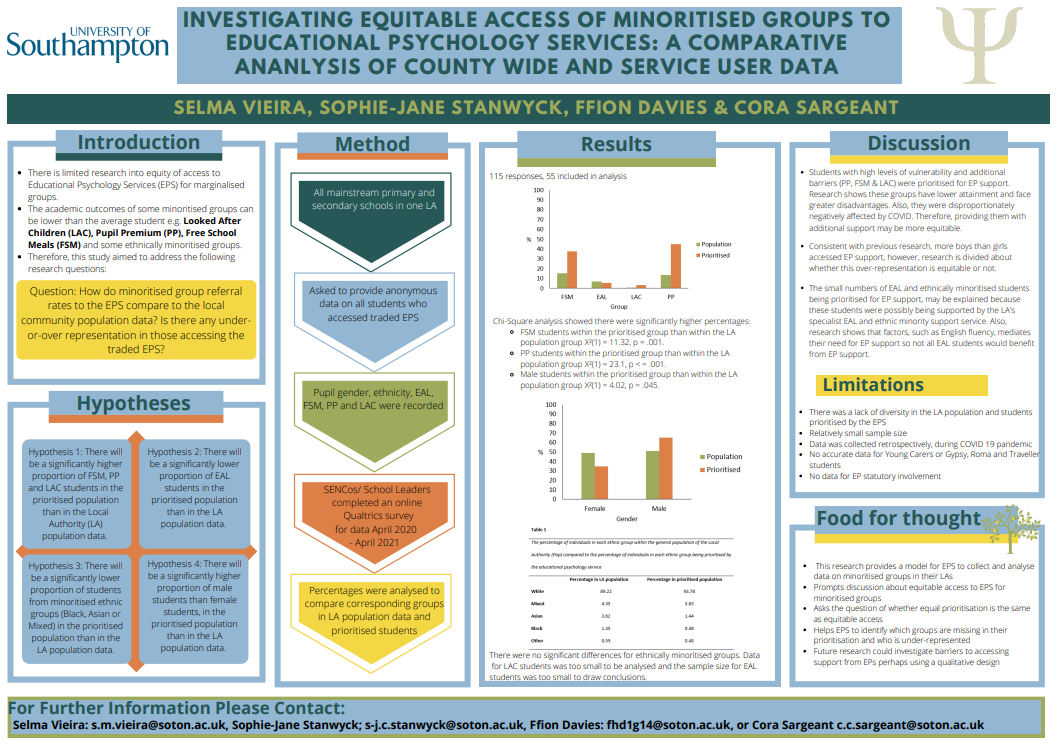Authors: Karen O’Farrell, Larissa Cunningham, Brettany Hartwell and Jana Kreppner
Published: 2022
Publication: The International Journal of Nurture in Education
Nurture Groups (NGs) have been widely implemented with vulnerable young people in mainstream primary schools to support the development of secure relationships and so promote a sense of wellbeing and readiness for learning. Success of the intervention within the primary school environment has led to increasing interest in the applicability of NGs to secondary schools. Within this single-school case study, the experiences and perceptions of NG and non-NG pupils and school staff were explored through individual semi-structured interviews and focus groups. Thematic analysis of the data produced three main themes and nine subthemes, developed across the three stakeholder groups. Findings suggested that the successful implementation of secondary NGs is related to whole-school approaches and ethos. Secondary NGs can provide extensive support for vulnerable pupils and support a positive approach to whole-school wellbeing. Recommendations for developing secondary NG practice include: embedding NG practice into whole-school culture, adopting a more flexible approach to how NGs are organised and how they operate, and considering the particular needs of Year 11 pupils
(2022) How the implementation of a secondary school nurture group relates to whole-school approaches and ethos: a case study. The International Journal of Nurture in Education, 8, 48-66.


